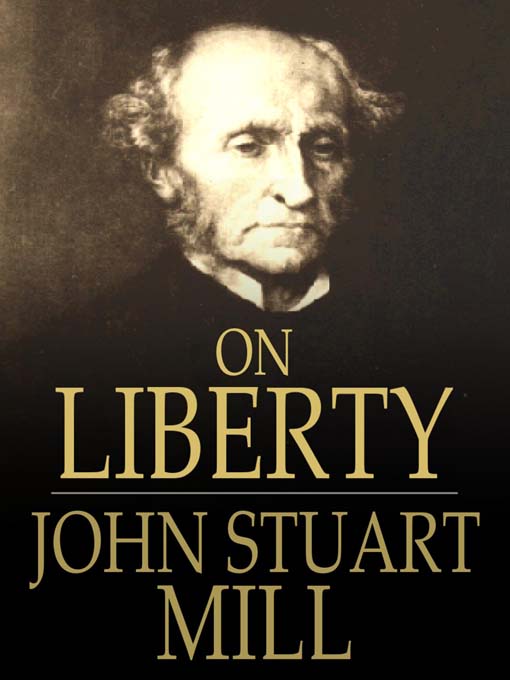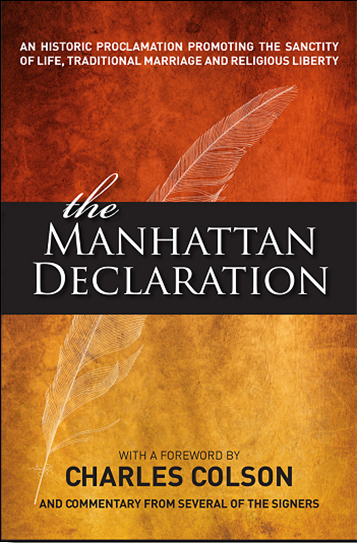The man said, “This is now bone of my bones and flesh of my flesh; she shall be called woman, for she was taken out of man.” For this reason a man will leave his father and mother and be united to his wife, and they will become one flesh. Genesis 2:23-24
This is a profound mystery—but I am talking about Christ and the church. However, each one of you also must love his wife as he loves himself, and the wife must respect her husband. Ephesians 5:32-33
In Scripture, the creation of man and woman, and their one-flesh union as husband and wife, is the crowning achievement of God’s creation. In the transmission of life and the nurturing of children, men and women joined as spouses are given the great honor of being partners with God Himself. Marriage then, is the first institution of human society—indeed it is the institution on which all other human institutions have their foundation. In the Christian tradition we refer to marriage as “holy matrimony” to signal the fact that it is an institution ordained by God, and blessed by Christ in his participation at a wedding in Cana of Galilee. In the Bible, God Himself blesses and holds marriage in the highest esteem.
Vast human experience confirms that marriage is the original and most important institution for sustaining the health, education, and welfare of all persons in a society. Where marriage is honored, and where there is a flourishing marriage culture, everyone benefits—the spouses themselves, their children, the communities and societies in which they live. Where the marriage culture begins to erode, social pathologies of every sort quickly manifest themselves. Unfortunately, we have witnessed over the course of the past several decades a serious erosion of the marriage culture in our own country. Perhaps the most telling—and alarming—indicator is the out-of-wedlock birth rate. Less than fifty years ago, it was under 5 percent. Today it is over 40 percent. Our society—and particularly its poorest and most vulnerable sectors, where the out- of-wedlock birth rate is much higher even than the national average—is paying a huge price in delinquency, drug abuse, crime, incarceration, hopelessness, and despair. Other indicators are widespread non-marital sexual cohabitation and a devastatingly high rate of divorce.
We confess with sadness that Christians and our institutions have too often scandalously failed to uphold the institution of marriage and to model for the world the true meaning of marriage. Insofar as we have too easily embraced the culture of divorce and remained silent about social practices that undermine the dignity of marriage we repent, and call upon all Christians to do the same.
To strengthen families, we must stop glamorizing promiscuity and infidelity and restore among our people a sense of the profound beauty, mystery, and holiness of faithful marital love. We must reform ill-advised policies that contribute to the weakening of the institution of marriage, including the discredited idea of unilateral divorce. We must work in the legal, cultural, and religious domains to instill in young people a sound understanding of what marriage is, what it requires, and why it is worth the commitment and sacrifices that faithful spouses make.
The impulse to redefine marriage in order to recognize same-sex and multiple partner relationships is a symptom, rather than the cause, of the erosion of the marriage culture. It reflects a loss of understanding of the meaning of marriage as embodied in our civil and religious law and in the philosophical tradition that contributed to shaping the law. Yet it is critical that the impulse be resisted, for yielding to it would mean abandoning the possibility of restoring a sound understanding of marriage and, with it, the hope of rebuilding a healthy marriage culture. It would lock into place the false and destructive belief that marriage is all about romance and other adult satisfactions, and not, in any intrinsic way, about procreation and the unique character and value of acts and relationships whose meaning is shaped by their aptness for the generation, promotion and protection of life. In spousal communion and the rearing of children (who, as gifts of God, are the fruit of their parents’ marital love), we discover the profound reasons for and benefits of the marriage covenant.
We acknowledge that there are those who are disposed towards homosexual and polyamorous conduct and relationships, just as there are those who are disposed towards other forms of immoral conduct. We have compassion for those so disposed; we respect them as human beings possessing profound, inherent, and equal dignity; and we pay tribute to the men and women who strive, often with little assistance, to resist the temptation to yield to desires that they, no less than we, regard as wayward. We stand with them, even when they falter. We, no less than they, are sinners who have fallen short of God’s intention for our lives. We, no less than they, are in constant need of God’s patience, love and forgiveness. We call on the entire Christian community to resist sexual immorality, and at the same time refrain from disdainful condemnation of those who yield to it. Our rejection of sin, though resolute, must never become the rejection of sinners. For every sinner, regardless of the sin, is loved by God, who seeks not our destruction but rather the conversion of our hearts. Jesus calls all who wander from the path of virtue to “a more excellent way.” As his disciples we will reach out in love to assist all who hear the call and wish to answer it.
We further acknowledge that there are sincere people who disagree with us, and with the teaching of the Bible and Christian tradition, on questions of sexual morality and the nature of marriage. Some who enter into same-sex and polyamorous relationships no doubt regard their unions as truly marital. They fail to understand, however, that marriage is made possible by the sexual complementarity of man and woman, and that the comprehensive, multi-level sharing of life that marriage is includes bodily unity of the sort that unites husband and wife biologically as a reproductive unit. This is because the body is no mere extrinsic instrument of the human person, but truly part of the personal reality of the human being. Human beings are not merely centers of consciousness or emotion, or minds, or spirits, inhabiting non-personal bodies. The human person is a dynamic unity of body, mind, and spirit. Marriage is what one man and one woman establish when, forsaking all others and pledging lifelong commitment, they found a sharing of life at every level of being—the biological, the emotional, the dispositional, the rational, the spiritual— on a commitment that is sealed, completed and actualized by loving sexual intercourse in which the spouses become one flesh, not in some merely metaphorical sense, but by fulfilling together the behavioral conditions of procreation. That is why in the Christian tradition, and historically in Western law, consummated marriages are not dissoluble or annullable on the ground of infertility, even though the nature of the marital relationship is shaped and structured by its intrinsic orientation to the great good of procreation.
We understand that many of our fellow citizens, including some Christians, believe that the historic definition of marriage as the union of one man and one woman is a denial of equality or civil rights. They wonder what to say in reply to the argument that asserts that no harm would be done to them or to anyone if the law of the community were to confer upon two men or two women who are living together in a sexual partnership the status of being “married.” It would not, after all, affect their own marriages, would it? On inspection, however, the argument that laws governing one kind of marriage will not affect another cannot stand. Were it to prove anything, it would prove far too much: the assumption that the legal status of one set of marriage relationships affects no other would not only argue for same sex partnerships; it could be asserted with equal validity for polyamorous partnerships, polygamous households, even adult brothers, sisters, or brothers and sisters living in incestuous relationships. Should these, as a matter of equality or civil rights, be recognized as lawful marriages, and would they have no effects on other relationships? No. The truth is that marriage is not something abstract or neutral that the law may legitimately define and re-define to please those who are powerful and influential.
No one has a civil right to have a non-marital relationship treated as a marriage. Marriage is an objective reality—a covenantal union of husband and wife—that it is the duty of the law to recognize and support for the sake of justice and the common good. If it fails to do so, genuine social harms follow. First, the religious liberty of those for whom this is a matter of conscience is jeopardized. Second, the rights of parents are abused as family life and sex education programs in schools are used to teach children that an enlightened understanding recognizes as “marriages” sexual partnerships that many parents believe are intrinsically non-marital and immoral. Third, the common good of civil society is damaged when the law itself, in its critical pedagogical function, becomes a tool for eroding a sound understanding of marriage on which the flourishing of the marriage culture in any society vitally depends. Sadly, we are today far from having a thriving marriage culture. But if we are to begin the critically important process of reforming our laws and mores to rebuild such a culture, the last thing we can afford to do is to re-define marriage in such a way as to embody in our laws a false proclamation about what marriage is.
And so it is out of love (not “animus”) and prudent concern for the common good (not “prejudice”), that we pledge to labor ceaselessly to preserve the legal definition of marriage as the union of one man and one woman and to rebuild the marriage culture. How could we, as Christians, do otherwise? The Bible teaches us that marriage is a central part of God’s creation covenant. Indeed, the union of husband and wife mirrors the bond between Christ and his church. And so just as Christ was willing, out of love, to give Himself up for the church in a complete sacrifice, we are willing, lovingly, to make whatever sacrifices are required of us for the sake of the inestimable treasure that is marriage.










